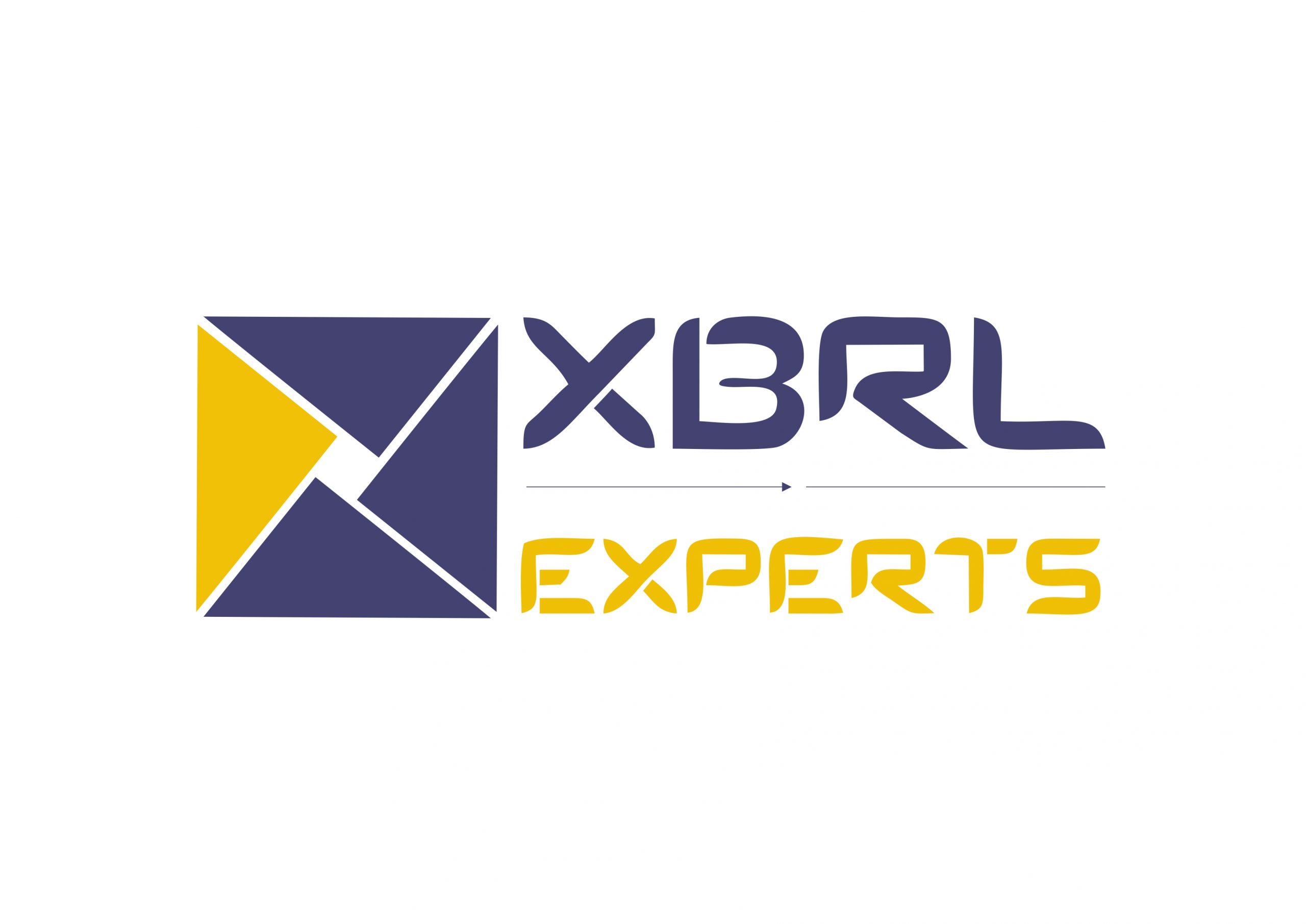XBRL (eXtensible Business Reporting Language) is a data-rich dialect of XML (Extensible Markup Language), the universally preferred language for transmitting information via the Internet. It was developed specifically to communicate information between businesses and other users of financial information, such as analysts, investors and regulators. XBRL provides a common, electronic format for business reporting. It does not change what is being reported. It only changes how it is reported.
MCA (The Ministry of Corporate Affairs) is the regulatory authority in India for the Company Law and related matters. All the Companies registered with MCA are required to file the financial statements with MCA. From 2010-11, MCA implemented filing requirements for various classes of companies to file their financial statements in XBRL format, to improve the quality of statements, enable greater transparency and comparability of data.
Applicability of Filing Financial Statements in XBRL mode with Registrar of Companies:
Below mentioned class of companies are required to file their financial statements and other documents under section 137 of the Companies Act, 2013 with the Registrar in e-form AOC-4 XBRL:
– All companies listed in the stock exchange in India and their Indian subsidiaries.
– All companies with a turnover of Rs. 100 crores or more
– All companies with a paid up capital of Rs. 5 crores or more
– All the companies which are required to prepare their financial statements in accordance with the Companies (Indian Accounting Standards) rules, 2015.
However, Non-banking financial companies, Housing finance companies and Companies engaged in the business of Banking and Insurance sector are exempted from filing of financial statements under these rules.
Moreover the companies which have filed their financial statements in XBRL under section 137 shall continue to file their financial statements and other documents in XBRL only, though they may cease to fall under the class of companies specified above.
Applicability of Filing Cost Audit Report in XBRL mode with Registrar of Companies:
A company required to furnish cost audit report and other documents to the Central Government under sub-section (6) of section 148 of the Act and rules made thereunder, shall file such report and other documents using the XBRL taxonomy given in Annexure-III for the financial years commencing on or after 1st April, 2014 in e-Form CRA-4 specified under the Companies (Cost Records and Audit) Rules, 2014.
Filing of Financial Statements in XBRL mode:
XBRL instance document is required to be prepared as per MCA Taxonomy (I-GAAP / IND-AS). According to MCA Taxonomy, complete set of Annual Report is required to be filed in XBRL format. Separate instance documents are to be prepared for consolidated and standalone reports. Major components of Annual report are noted below:
- Balance Sheet
- Profit and Loss Statement
- Cash Flow Statement (Direct or Indirect)
- Schedules & Notes to Balance Sheet and Profit and Loss Statement
- Significant Accounting Policies
- Statement of Change in Equity
- Independent Audit Report with annexures thereto
- Director or Board Report with annexures thereto
Apart from above, there are various other details/documents which are required for XBRL filing. You can contact us for checklist for XBRL filing.
Filing of Cost Audit Report in XBRL mode:
Complete set of Cost Audit Report with all annexures / para is required to be filed in XBRL format.
When you need to file?
As per the Companies Act 2013, the following provisions are applicable for filing the financial statements with the Registrar:
| Position of the Company | Filing of financial statement with the Registrar |
| Financial statement adopted at the AGM along with the consolidated financial statements and documents which are attached to the financial statements | Within 30 days of the annual general meeting along with fees/additional fees as prescribed, |
| In case of an adjourned meeting | Within 30 days of the adjourned annual general meeting along with fees/additional fees as prescribed. |
| If financial statements are unadopted | Within 30 days of the annual general meeting. |
| If AGM is not held | Within 30 days from the date when the AGM should have been held along with fees/additional fees as prescribed. |
In case of delay in filing the financial statement with MCA, the following additional fees is applicable:
| Period of Delay | Additional fee payable |
| Delay beyond the period provided under Section 137(1) of the Act – Due dates to file AOC-4 (within thirty days of the date of annual general meeting) | Rs. 100 per day |
Penalty for non-filing of Form AOC-4:
| Defaulting Party | Penalty Imposed |
| Company | Rs. 1000 for every day of default subject to maximum of Rs. 10 lakhs |
| Managing Director/ Chief Financial Officer or In case of the absence of the Managing Director/ Chief Financial Officer – Any other Director who the Board assigns the responsibility or In case of the absence of any such Director – All directors of the company |
Rs. 1 lakh + Rs. 100 per day for continuing default subject to maximum of Rs. 5 lakhs |
Preparing financial statements in XBRL mode for filing with the Registrar:
The process for creation and filing of Financial Statements in XBRL mode is as under:
Step 1: Creation of XBRL instance document
Step 2: Download XBRL validation tool from the MCA portal
Step 3: Use the tool to validate the instance document
Step 4: Perform pre-scrutiny of the validated instance document through the tool
Step 5: Attach instance document to the Form AOC-4 XBRL
Step 6: Submitting the Form AOC-4 XBRL on the MCA portal
About XBRL Experts:
XBRL Experts provide you with a simple and secure way to prepare and file the Financial Statements with MCA. Our technology and quality assurance processes ensure that your output is 100% correct each and every time. We can help you meet your XBRL Conversion requirements in Timely and Cost Effective manner with Guaranteed Accuracy. You can reach to us at info@xbrlexperts.net





